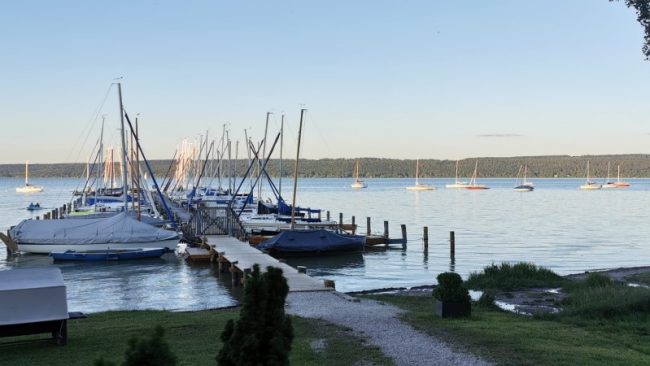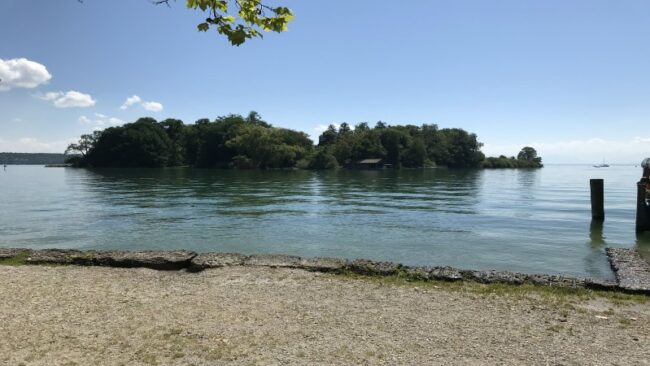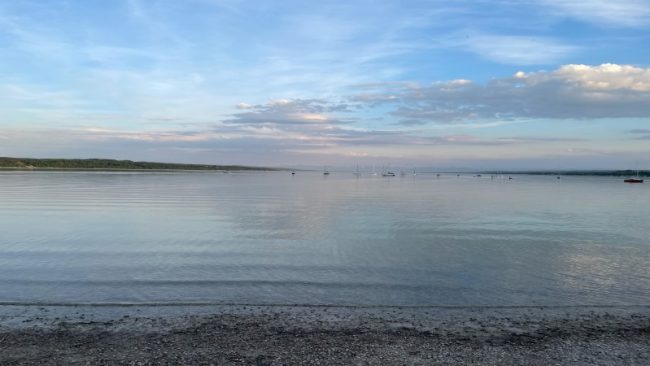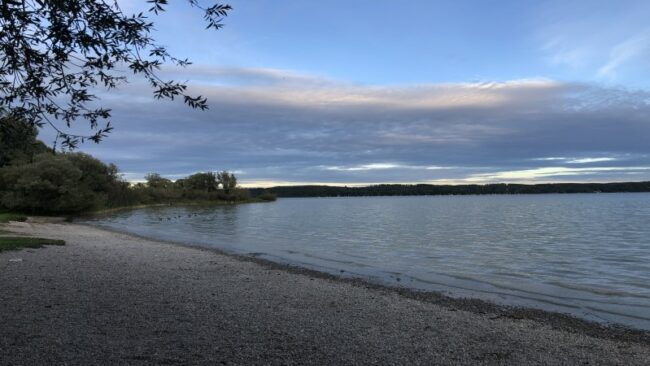Julian studied International Corporate Communication and Media Management at the HNU University of Applied Sciences in Neu-Ulm, Germany. He joined the DFGE team in 2018 and is now working as Marketing and Corporate Communication Manager. He enjoys playing Tennis, Skiing and to meet with friends.
Ein Produkt als klimaneutral bezeichnen zu können, erfordert von Unternehmen die Einhaltung von festgelegten Schritten: der Berechnung von CO2-Emissionen, der Vermeidung und Reduktion dieser Emissionen und letztlich den Ausgleich von nicht vermeidbaren Emissionen über zertifizierte Kompensations- bzw. Klimaschutzprojekte. Vor allem die Schritte der Reduktion und Vermeidung von Emissionen sind essentiell. Was heißt Klimaneutralität? Klimaneutralität bedeutet,…
On August 24th 2021, the SBTi hosted a webinar to explain the changes to the SBTi criteria and implications for SBTi companies. Watch the following video to get a full understanding and overview of the SBTi ambition update for Europe: Various approaches for the calculation of science-based targets are available (contraction, compression, convergence). They all…
The debate on an ambitious climate target (Science-Based Targets) has increased among internationally active companies since the UN climate summit in Paris (COP21). The Paris Agreement marks a turning point for climate policy. Companies have a key role to play in achieving the COP21 goals. They have the opportunity to make an appropriate contribution to…
Achieving climate neutrality is becoming increasingly important for companies and is becoming part of their corporate objectives as part of their climate strategy. The aim is to continuously reduce CO2 emissions throughout the company and its value chain. Since a complete avoidance of CO2 emissions is difficult to achieve, companies invest in climate protection projects…
In September 2020, the Science Based Targets (SBT) Initiative published the first scenarios with which companies can even develop into a “net zero” and in the best case scenario into a “climate positive”. CO2 compensation / neutralisation is a proven aspect of these approaches. This SBTi video reviews neutralisation as it relates to the SBTi…
Ein Interview von Dr. Alice Beining mit Nicole Heißmann im Stern. Frau Dr. Beining, Director Projects and Solutions bei der DFGE – Institute for Energy, Ecology and Economy, betreut Unternehmen hinsichtlich ihrer Klimastrategie und welche Schritte sie auf dem Weg zur Klimaneutralität ergreifen müssen. Interview zitiert aus dem Stern, Sonderausgabe „Die Flut“ 01/2021: https://bit.ly/3AKIBB5. Was…
This video covers guiding principles relating to emissions abatement criteria; overviews the emissions abatement target-setting method and criteria as they relate to interim and net-zero science-based targets; and reviews the questions that are available for the SBTi Net-Zero Standard Criteria public consultation. Various approaches for the calculation of science-based targets are available (contraction, compression, convergence).…
We’ve all heard of it: the aim of becoming „net-zero“. Companies around the world are setting net-zero targets, yet there currently isn’t a global standard to distinguish what truly constitutes a science-based net-zero target. Now, in the lead-up to COP 26, the SBTi is hard at work developing the first-ever global standard for net-zero criteria.…
EcoVadis, NQC/ SAQ, Sustainalytics und CDP im Vergleich Unternehmen veröffentlichen in ihren Nachhaltigkeitsberichten, Informationen über ihre Verantwortung und Tätigkeiten für die Umwelt, die eigenen Mitarbeiter sowie die Gesellschaft bis hinein in die eigene Lieferkette. Eine gute Nachhaltigkeitsberichterstattung schafft Vertrauen bei den Stakeholdern (Kunden, Mitarbeitern, Investoren und der Öffentlichkeit). Jedoch unterscheidet sich die Nachhaltigkeitsberichterstattung zwischen den…
Growing pressures from governments, as seen through i.e. the ‘Paris Climate Agreement’ have led to the implementation more holistic and serious climate strategies across businesses. This awareness increase was partially driven by the assessment published by the Intergovernmental Panel on Climate Change (IPCC), which included scientific evidence on the existence of climate change and established…













